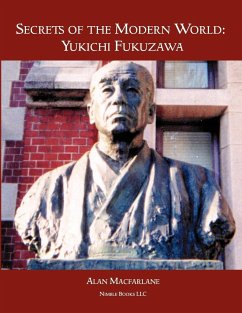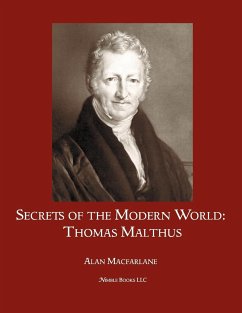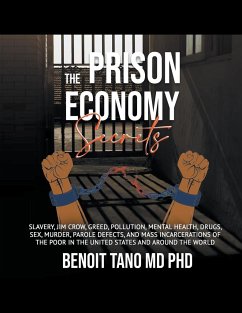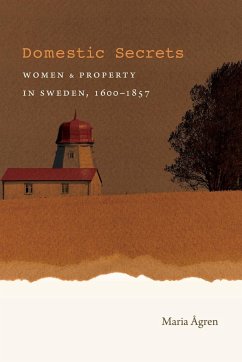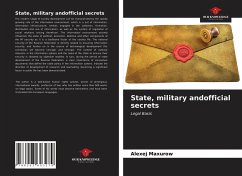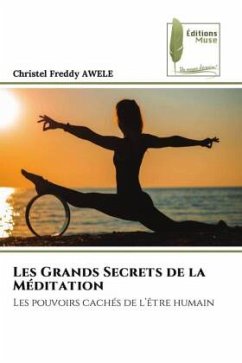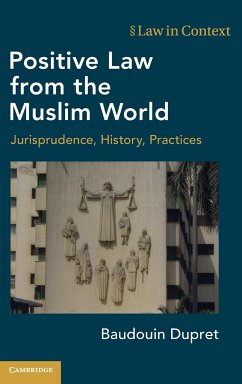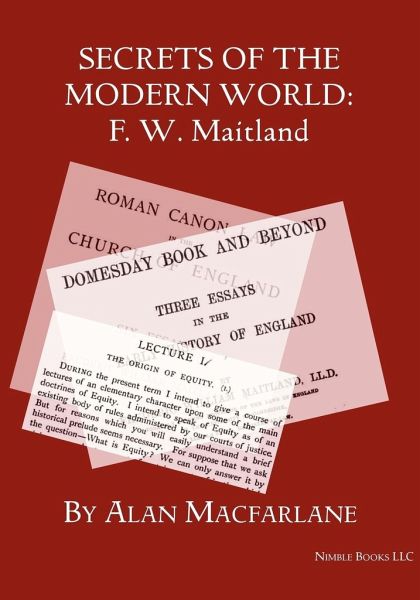
Secrets of the Modern World
F. W. Maitland
Versandkostenfrei!
Versandfertig in 1-2 Wochen
29,99 €
inkl. MwSt.

PAYBACK Punkte
15 °P sammeln!
Alan Macfarlane writes of F. W. Maitland: When we consider that some five thousand pages of detailed findings, written about a hundred years ago, have been modified in only a few minor emphases and one or two facts, and that the bulk of Maitland's edifice still stands, we can begin to understand why he has an almost god-like status among historians who know the problems he faced and the elegance of his solutions. The great legal historian Vinogradoff disagreed with Maitland on some specific points, but shortly after Maitland's death wrote of him as 'the greatest legal historian of the law of E...
Alan Macfarlane writes of F. W. Maitland: When we consider that some five thousand pages of detailed findings, written about a hundred years ago, have been modified in only a few minor emphases and one or two facts, and that the bulk of Maitland's edifice still stands, we can begin to understand why he has an almost god-like status among historians who know the problems he faced and the elegance of his solutions. The great legal historian Vinogradoff disagreed with Maitland on some specific points, but shortly after Maitland's death wrote of him as 'the greatest legal historian of the law of England' and as a man to whom lawyers, historians and sociologists were equally indebted: 'lawyers because of his subject, historians because of his methods, sociologists because of his results.' J.H.Hexter referred to Maitland as 'the greatest of English historians' in his book on modern historians. R.G.Collingwood referred to the 'best historians, like Mommsen and Maitland'. Denys Hay in his overview of western historiography describes him as a 'giant' who, with Marc Bloch, is one of the 'two greatest historians of recent times'. Bloch himself referred to 'the great English jurist Maitland.' The medievalist Helen Cam ends her preface to his Selected Essays by concluding fifty years after his death. 'Let us say with Powicke, "Maitland is one of the immortals" and leave it at that.' G.O.Sayles wrote that 'In the range of his interests, the fineness of his intellect, and the considerable bulk of what he wrote in barely twenty-five years, Maitland has no match among English historians.' Driven on by the sense of an impending early death Maitland tried to solve within a period of some twenty years the same riddle as earlier thinkers. How had the strange modern world, with its glimpses of liberty, equality and wealth, been made? Why had it found its expression in a certain part of the world and in its earliest and definitive form in England? What precisely were the constituents of this peculiar civilization? His solutions, much more deeply based on documents, were in substance the same as those put forward by Montesquieu, Adam Smith and Tocqueville. The essence of modernity lay in the separation of spheres, the tensions between religion, politics, kinship and economy. Out of these contradictions emerged certain liberties and a dynamic energy. A whole set of factors, from the general (the nature of islandhood, the accident of the Norman Conquest, the absence of Cathar heresies and the inquisition), to the individual (the personality of Henry II or Edward I) played their part. What happened on one small island both reflected what happened on its neighbouring continent, but also transformed it. Like some new species of finch on the Galapagos, there developed a new kind of civilization. This would then be magnified and taken to its extreme through other accidents, the development of America, the expansion of the British Empire and the first industrial revolution and so to the modern world. With Maitland we have a developed theory which puts forward a believable answer to one part of the question of how the modern world has been made.



